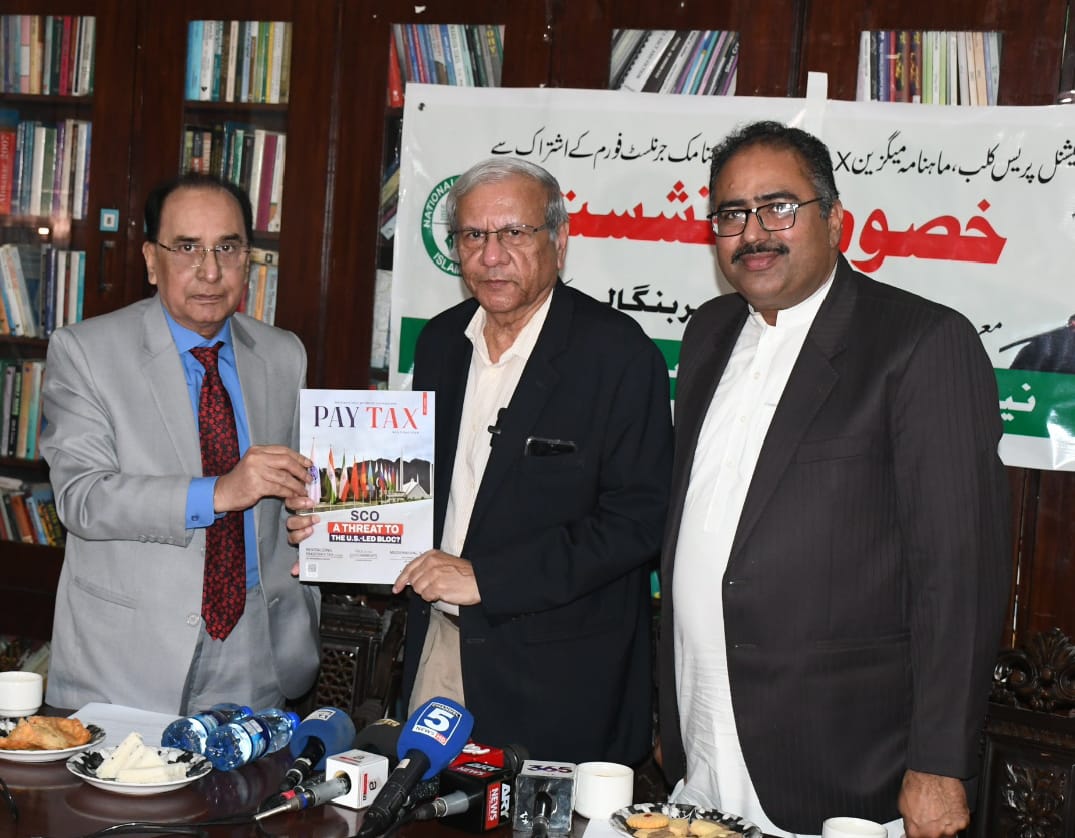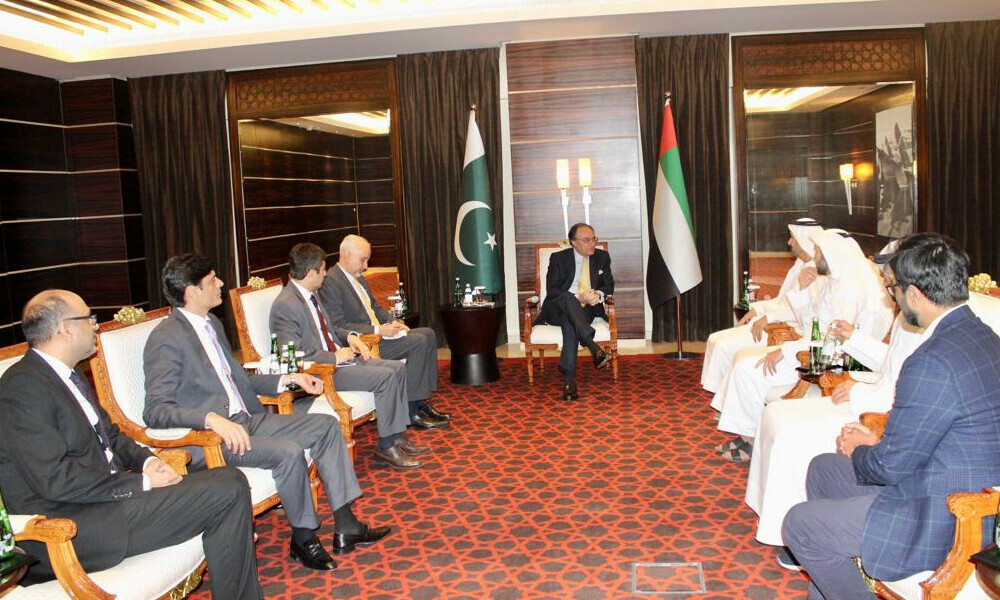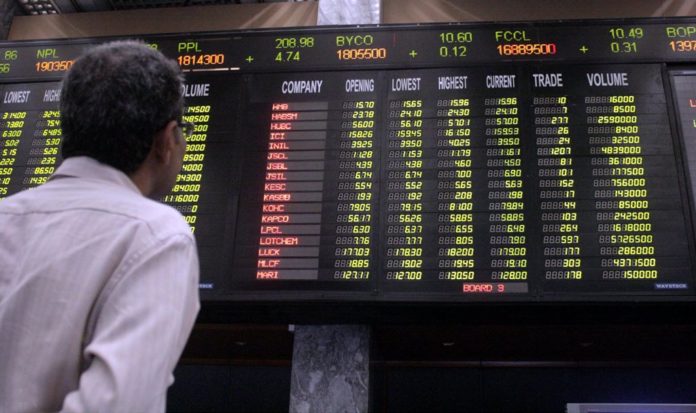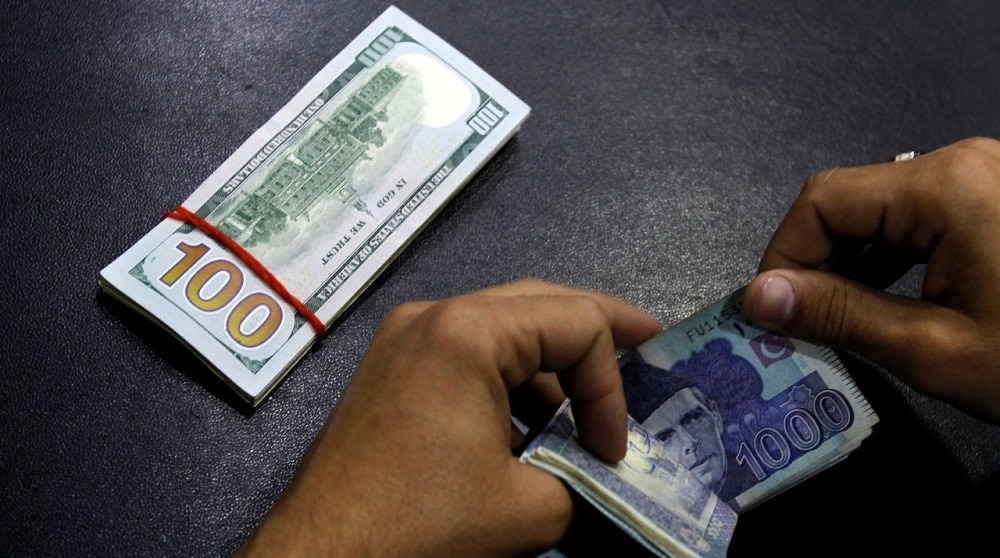PTBP Web Desk
At a special session held at the National Press Club Islamabad, organized by the monthly PAY TAX magazine and the Economic Journalist Forum, renowned economist Dr. Kaiser Bengali issued a stark warning about Pakistan’s economic future.
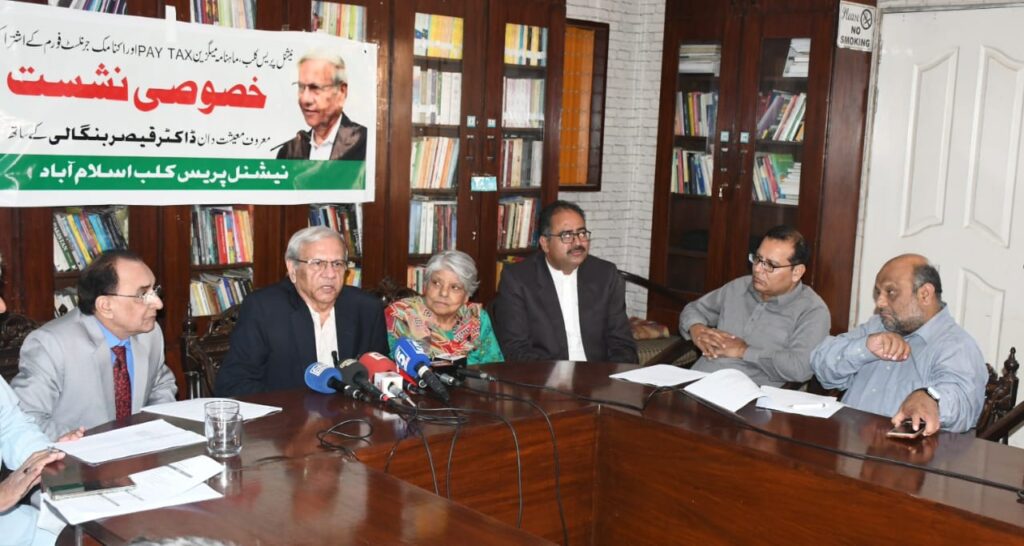
He emphasized that the country’s persistent reliance on foreign loans is not a sustainable economic strategy and will ultimately lead to a deeper financial crisis. According to Dr. Bengali, the continuous borrowing from external sources, while selling political sovereignty, is pushing the nation into a downward spiral where economic collapse could mean a complete loss of national stability.
Dr. Bengali pointed out that the core problem plaguing Pakistan’s economy is the massive budget deficit. The government’s failure to reduce unnecessary expenditures is preventing any real progress toward economic stability. He stated that until the government takes significant steps to cut its spending, the budget deficit will continue to grow. He also identified other contributing factors to the economic downturn, including the weakening of vital sectors such as agriculture and industry, both of which are foundational pillars of any robust economy. According to him, Pakistan’s neglect of these sectors has left the country vulnerable to financial instability.
The Need for Structural Reforms
Dr. Bengali emphasized the importance of structural reforms to address the country’s economic challenges. He recommended banning the import of non-commercial vehicles as a measure to cut unnecessary expenses and reduce the trade deficit. He argued that Pakistan’s economy cannot afford to waste valuable foreign exchange on non-essential imports. Instead, resources should be directed towards strengthening local industries and agriculture, thereby promoting self-sufficiency.
He called for the elimination of redundant institutions that are currently draining the national budget. Dr. Bengali highlighted that Pakistan has numerous government divisions and departments that serve little to no purpose, yet continue to consume substantial financial resources. For example, departments like Aviation, Housing and Works, Human Rights, and National Food Security and Research, among others, should be evaluated for their efficiency and necessity. He estimated that shutting down around sixty such divisions could save the government approximately 100 billion rupees. This move would significantly reduce the budget deficit, bringing the country closer to economic stability.
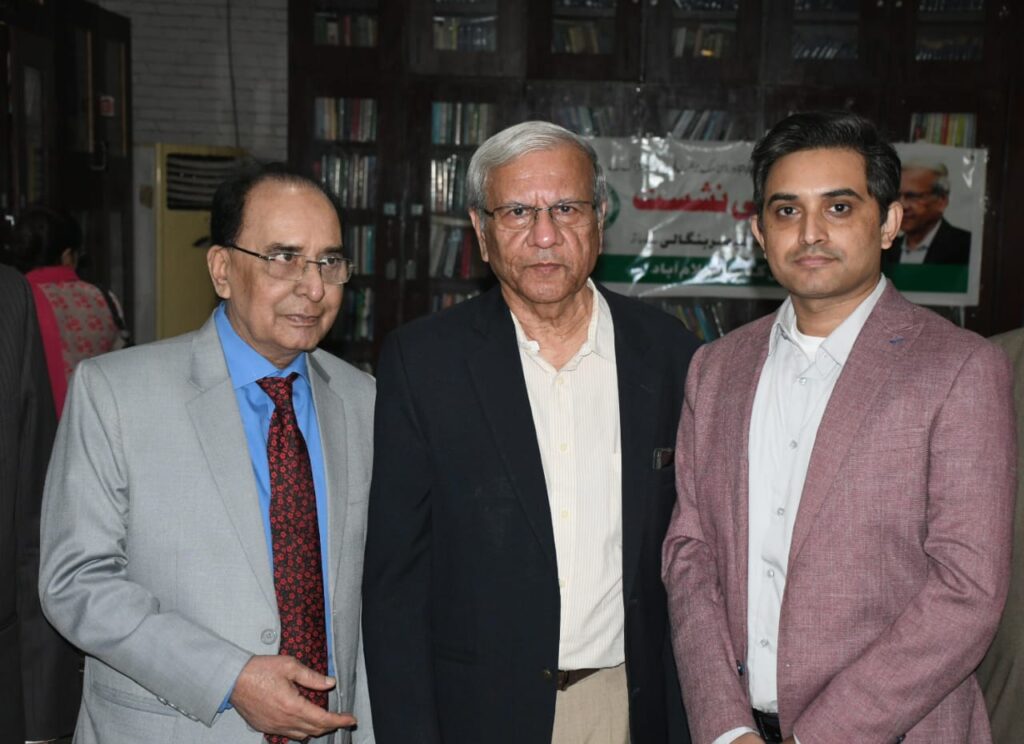
Strengthening the Economy Through Industry and Agriculture
According to Dr. Bengali, agriculture and industry are the backbone of any nation’s economy. Unfortunately, these sectors have been neglected in Pakistan, weakening the country’s economic base. He mentioned that small industries are closing down across the country due to a lack of support and investment. While the government has set up institutions like the Small and Medium Enterprises Development Authority (SMEDA), these bodies have not been effective in reviving the industrial sector.
Dr. Bengali criticized the government’s approach, stating that creating institutions without providing them with the necessary resources or enabling policies to foster industrial growth is futile. He emphasized that the mere establishment of agencies does not lead to industrial development or economic growth. Instead, there must be a concerted effort to support small and medium-sized enterprises (SMEs), which play a crucial role in job creation and economic development.
Dr. Bengali highlighted the agricultural sector’s potential to boost the economy. As a resource-rich country, Pakistan has the ability to not only feed its own population but also export surplus agricultural products. However, poor agricultural policies and lack of support for farmers have stunted the growth of this sector. He suggested that targeted policy improvements could lead to substantial growth in agricultural production, thus improving the country’s trade balance and reducing the need for foreign loans.
Reducing Dependence on Foreign Loans
One of the main points emphasized by Dr. Bengali was the country’s reliance on foreign loans to manage its financial obligations. He stated that the government primarily borrows money to repay previous loans, creating a vicious cycle of debt that adds to the economic burden. He noted that the finance minister’s primary job seems to be finding ways to secure the next loan installment rather than focusing on sustainable economic growth.
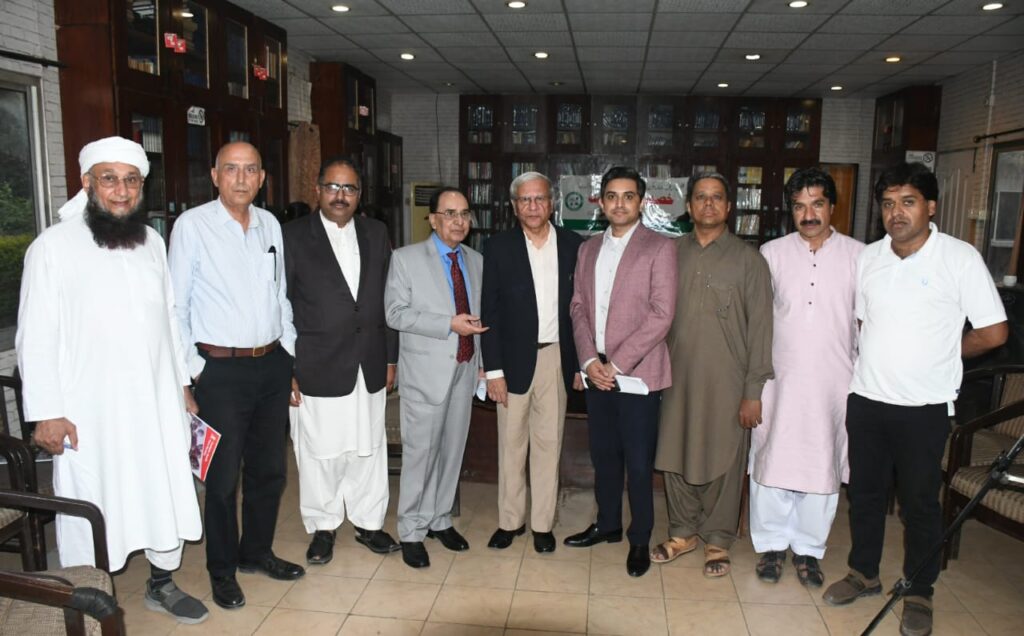
Dr. Bengali’s criticism extended to the management of Pakistan’s financial policies, which he believes are too focused on securing external funding rather than addressing the root causes of economic distress. He asserted that without reducing reliance on foreign aid and loans, Pakistan would remain at the mercy of international financial institutions and lenders, which compromises the country’s political sovereignty.
Efficient Transportation to Cut Costs
Dr. Bengali proposed optimizing the country’s transportation sector as a means to reduce expenditures. He recommended increasing the use of railways for transportation, which could significantly decrease the country’s oil consumption by fifteen percent. The shift from road to rail transport would not only reduce costs but also lessen the environmental impact associated with the heavy reliance on road vehicles.
The economist’s proposal aligns with the global trend towards sustainable and efficient transportation systems. Railways are not only cost-effective but also environmentally friendly compared to road transport. By reducing oil imports, Pakistan could ease some pressure on its foreign exchange reserves and direct those savings toward more productive sectors of the economy.
A Call for Policy Reform and Economic Self-Reliance
Dr. Bengali expressed that Pakistan, despite facing numerous economic challenges, is not devoid of resources. With better management and policy reforms, the country could shift from being a borrower to a lender in the international community. He urged policymakers to prioritize reducing the budget deficit as a means to lay the groundwork for long-term economic stability.
The economist argued that improving fiscal discipline, cutting down on unnecessary expenses, and reallocating resources towards agriculture and industry would not only help reduce the deficit but also boost economic growth. By focusing on self-reliance and sustainable policies, Pakistan could strengthen its economic position and reduce dependence on external sources.

